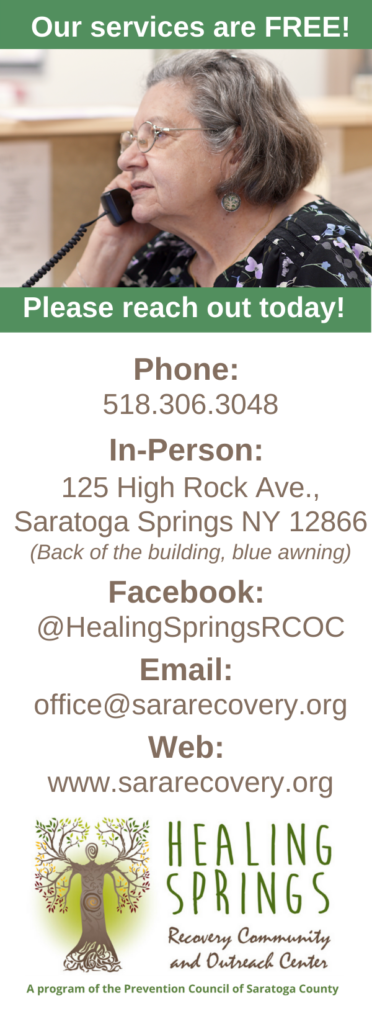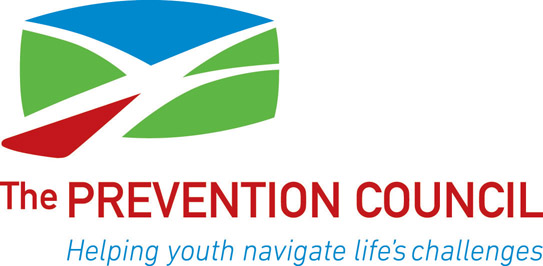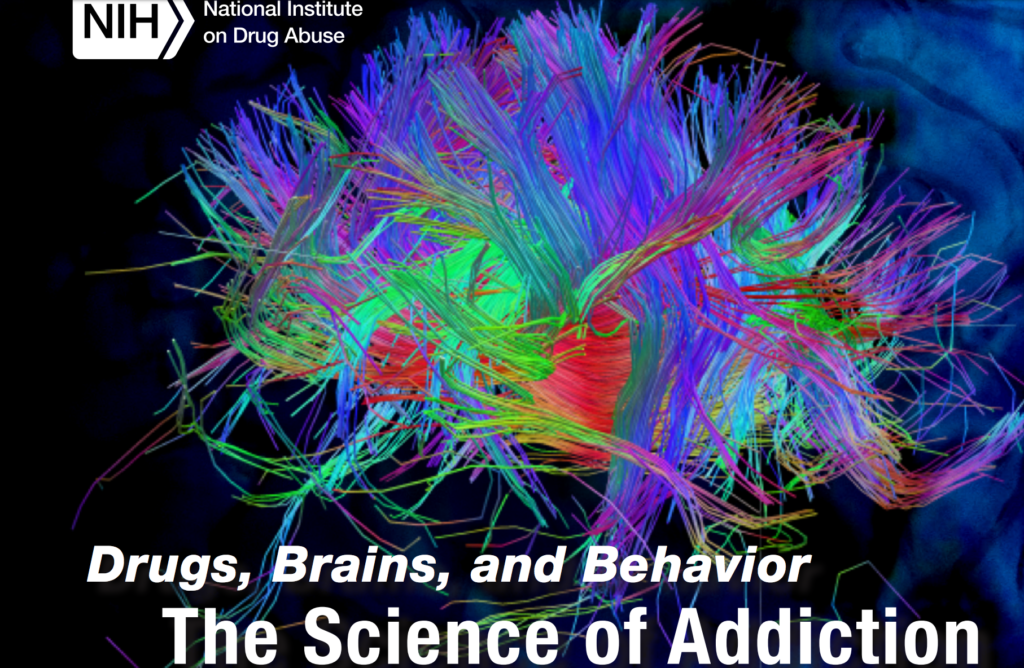Addiction & Recovery
The Facts about addiction in America
Addiction is a complex disease, and quitting takes more than good intentions or a strong will. Because substances change the brain in ways that foster compulsive drug abuse, stopping is difficult, even for those who are ready to do so. Thankfully addiction is not a life sentence-it is a treatable disease.
Yes. Addiction is a treatable disease. Research in the science of addiction and the treatment of substance use disorders has led to the development of evidence-based interventions that help people stop abusing drugs and resume productive lives.
Quick facts:
- According to the National Survey on Drug Use and Health (NSDUH), 21.5 million American adults (aged 12 and older) battled a substance use disorder in 2014.
- Almost 80 % of individuals suffering from a substance use disorder in 2014 struggled with an alcohol use disorder, NSDUH
- Over 7 million Americans in 2014 battled a drug use disorder, per NSDUH.
- One out of every eight people who suffered from a drug use disorder in 2014, according to NSUDH, struggled with both alcohol and drug use disorders simultaneously.
- The Substance Abuse and Mental Health Services Administration (SAMHSA) publishes that in 2014, almost 8 million American adults battled both a mental health disorder and a substance use disorder, or co-occurring disorders.
- Substance abuse costs our Nation over $600 billion annually and treatment can help reduce these costs. According to the National Institute on Drug Abuse, drug addiction treatment has been shown to reduce associated health and social costs by far more than the cost of the treatment itself.
How Science Has Revolutionized the Understanding of Drug Addiction (Download)
The Substance Abuse Mental Health Service Administration (SAMHSA) has established a working definition of recovery that defines recovery as a process of change through which individuals improve their health and wellness, live self-directed lives, and strive to reach their full potential. Recovery is built on access to evidence-based clinical treatment and recovery support services for all populations. Learn more about SAMHSA’s Working Definition of Recovery — 2012.
Recovery support is provided through treatment, services, and community-based programs by behavioral health care providers, peer providers, family members, friends and social networks, the faith community, and people with experience in recovery. Recovery support services help people enter into and navigate systems of care, remove barriers to recovery, stay engaged in the recovery process, and live full lives in communities of their choice.
There are several Recovery Community Organizations in New York visit Friends of Recovery-New York for a complete list.



